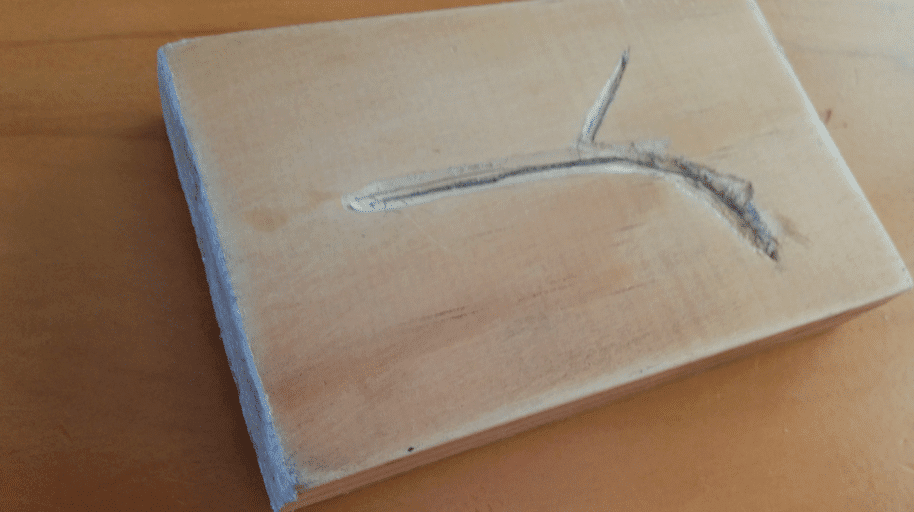Pressure to set Goals and New Years Resolutions can bring the reminders of past failures back into focus. Why bother stepping into the mine field of making goals?
Link to Part 1 of this series.
I know it’s hard to set goals when you may have had so many failures in the past. However, the setting of a goal and the achievement of it can be the most powerful anti depressant you will ever take.
You just have to have the right goal.
How do we set goals that are both achievable and that stir something deep with in you.
1. Find your WHY? What really sets you alight? As a bee is drawn towards a flower by the colour, what deeply and silently has a pull on you?
It might be listening to someone, acting, painting, cooking, fixing an old car, gardening, scrap booking.
I firmly believe that God has created you with gifts and skills that are totally unique to you. You are special and have hidden treasure to be revealed and used to glorify God.
“The glory of God is man fully alive.” St. Irenaeus
Take a look over your life and identify a time when you were fully alive. What were you doing?
You might like to watch this fascinating talk by Simon Sinek
2. Change your ‘But’s’ into ‘And’s’. The easiest thing we can do when we think about setting some goals is to say ‘But … this is what happened’, ‘But it will fail because…’
Instead of saying ‘But’ and negate any sense of hope add the word ‘and’.
After the word ‘and’ add an insight such as
… my past does not define me, its the choices I make to today that define me
…that was then and this is now. Things are different now
…. I know I can do this if I take small steps
For daily insights emailed to you, check out this site.
3. Take Personal Responsibility for Yourself. Don’t shift responsibility for your life and well being on to other people. Your response to life, and all it contains, is your responsibility.
4. Set small Highly Attainable Goals. Goals that you CAN achieve. Not should achieve, or must achieve, or others expect me to achieve. Goals that you will take personal responsibility to achieve. You own them.
It might be as small as ‘I will brush my teeth each day’ or ‘I will read the first verse of Psalm 23 everyday for the next week’.
I believe in millimetre ministry. Huge mountains are shifted by moving pebbles, one pebble at a time.
5. Write them down and Tick them off. I am huge believer in using paper and pen for recording goals. Something quite tangible happens in the brain when you pick up a pen and write. The brain remembers the movement of the pen on paper. The satisfaction of marking a tick connects neurologically with the feeling of success far more than a click of a mouse.
6. Take Photos of Goals Achieved. An Occupational Therapist once told me this idea and it really works.
You take photos of past achieved goals and events to remind you of progress and change. We can so often get muddled down in a swamp of current mess, that we lose a sense of progress and change. Also the taking of photos has become so much easier now we have cameras on most of our phones.
Here is how I have used this.
I love to grow vegetables and fruit for the family. In the winter when it is rainy and cold I sometimes pull out photos of bowls of strawberries, fresh large tomatoes and plum trees overflowing with goodness. This encourages me to get out and plant, prune, and make compost.
7. Form these Small Goals into Habits. If I have read the first verse of Psalm 23 every day for a week, perhaps I could form this into a habit I do everyday and use other verses. I write more about habits in ‘Out of the Darkness’.
Changing your Habits is crucial in changing your life. The way you think has been formed by habitually thinking and behaving in a certain way for maybe all of your life. Go and have a look at this incredible video by Dr. Robert Winston about how the brain learns new material. I promise you it will really help you to understand how and why you think and behave the way you do.
Little by Little one walks far. Peruvian Proverb (Tweet it?)
Question to consider and leave a comment.
How do the ‘but’s’ get in the way of your making changes?
Link to Part 1 of this series.
Barry Pearman
Image by Louise Docker Creative Commons Flickr





